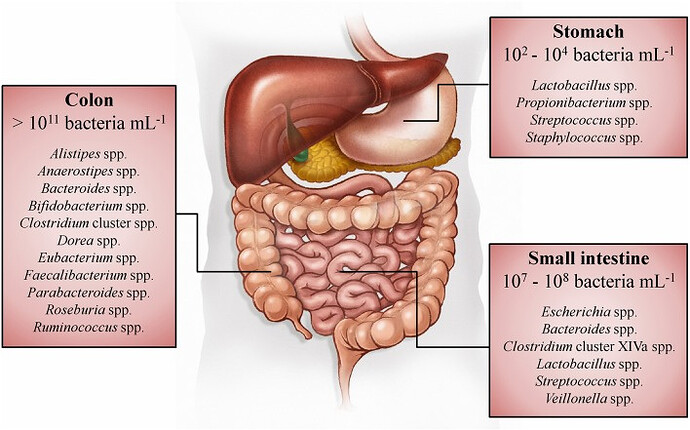The study in Italy found alterations in gut microbiota composition.
I wonder if this problem created a chain reaction of events, lets take a look:
In a study I found that alterations in gut microbiota composition is associated with endotoxemia
Altered gut microbiota after traumatic splenectomy is associated with endotoxemia.
Stress Induces Endotoxemia and Low-Grade Inflammation by Increasing Barrier Permeability
pro-inflammatory cytokines and acute phase proteins, while in low-grade inflammation, there is a sustained but only two to threefold increase in circulation pro-inflammatory mediators (1). Chronic low-grade inflammation is characteristic for many non-communicable diseases (NCDs) including diabetes type II, cardiovascular disorders, autoimmune diseases, chronic fatigue syndrome, depression, and neurodegenerative pathologies, but until now the exact mechanism behind the elevated levels of inflammatory mediators found in these conditions is not well understood
Endotoxin-initiated inflammation reduces testosterone production in men of reproductive age
Do gut bacteria make a second home in our brains?
Changes in the gut microbiota may be involved in many neurological and psychological symptoms
Treatment of male rats with finasteride, an inhibitor of 5alpha-reductase enzyme, induces long-lasting effects on depressive-like behavior, hippocampal neurogenesis, neuroinflammation and gut microbiota composition
https://www.sciencedirect.com/science/article/pii/S0306453018305067
Steroids, stress and the gut microbiome-brain axis
These studies provide strong evidence that the gut microbiota is influenced by gonadal steroid hormones and steroid levels can be altered by the gut microbiome .
Altered bile acid profile associates with cognitive impairment in
Alzheimer’s disease—An emerging role for gut microbiome
https://www.alzheimersanddementia.com/article/S1552-5260(18)33486-1/pdf

